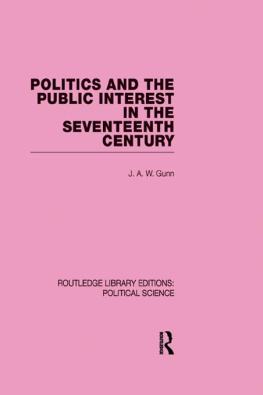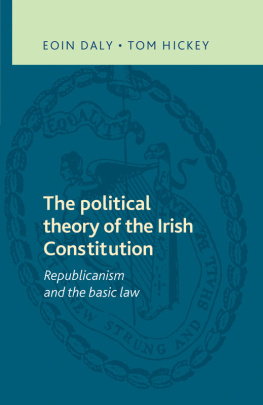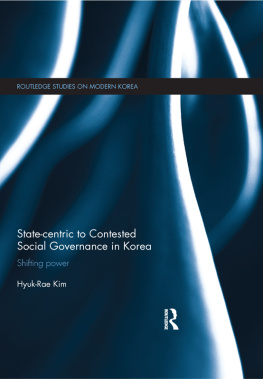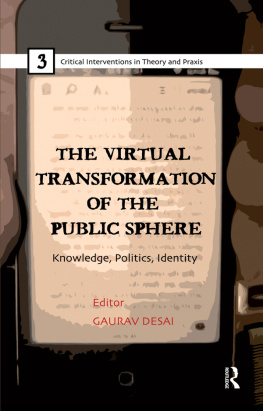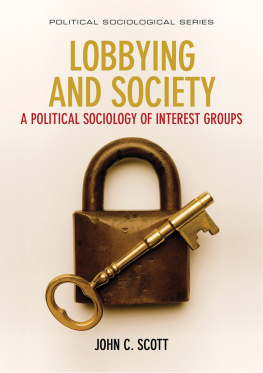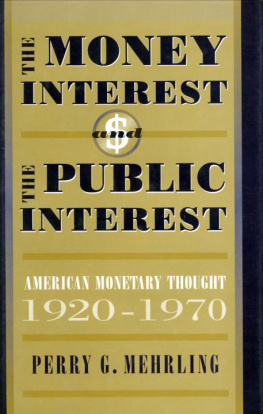First published 1969
This edition first published in 2010
by Routledge
2 Park Square, Milton Park, Abingdon, Oxon, OX14 4RN
Simultaneously published in the USA and Canada
by Routledge
270 Madison Avenue, New York, NY 10016
Routledge is an imprint of the Taylor & Francis Group, an informa business
1969 J.A. W. Gunn
All rights reserved. No part of this book may be reprinted or reproduced or utilised in any form or by any electronic, mechanical, or other means, now known or hereafter invented, including photocopying and recording, or in any information storage or retrieval system, without permission in writing from the publishers.
British Library Cataloguing in Publication Data
A catalogue record for this book is available from the British Library
ISBN 10: 0-415-49111-8 (Set)
ISBN 13: 978-0-415-49111-2 (Set)
ISBN 10: 0-415-55567-1 (Volume 27)
ISBN 13: 978-0-415-55567-8 (Volume 27)
Publishers Note
The publisher has gone to great lengths to ensure the quality of this reprint but points out that some imperfections in the original copies may be apparent.
Disclaimer
The publisher has made every effort to trace copyright holders and would welcome correspondence from those they have been unable to trace.
POLITICS AND THE PUBLIC INTEREST
in the Seventeenth Century
by
J.A.W. GUNN
Our Trimmer thinketh it no advantage to a government to endeavour the suppressing all kind of Right which may remain in the body of the People, or to employ small authors in it they forget that in their too high strained arguments for the Rights of Princes, they very often plead against humane nature and therefore no maxims should be laid down for the Right of Government to which there can be any Reasonable Objection; for the World hath an Interest, and for that Reason is more than ordinary discerning to find out the weak sides of such arguments as are intended to do them hurt.
Halifax, The Character of a Trimmer
LONDON: Routledge & Kegan Paul
TORONTO: University of Toronto Press
1969
First published in 1969
by Routledge & Kegan Paul Ltd.
Broadway House, 6874 Carter Lane
London, E.C.4
Printed in Great Britain
by Richard Clay (The Chaucer Press) Ltd.
Bungay, Suffolk
J. A. W. Gunn 1969
No part of this book may be reproduced in any form without permission from the publisher, except for the quotation of brief passages in criticism
SBN 7100 6174 9
UTP SBN 8020 1575 1
PREFACE
T HIS BOOK IS a political scientists attempt at historical explanation. Although the problem treated here was suggested by current thinking in political science, much the greater part of the text treats political literature of the seventeenth and early eighteenth century from the standpoint of intellectual history. References to contemporary scholarly writing intrude only in order to demonstrate problems of interpretation and thus to justify this study.
While a political philosopher might find the treatment distressingly specific and detailed, historians are certain to lament the absence of background material. Because of the variety of perspectives from which the central idea has been approached, a single chapter on background seemed impractical. Instead, traditional and novel ideas about the public interest are contrasted in a number of different contexts. The first half of the book deals with the period of the Civil War and the Commonwealth; the later chapters cover the problem of the public interest as it appeared in three aspects of life in post-Restoration Englandin the struggle for religious freedom, in economic argument and in some of the more formal treatises on political philosophy written during those years. Detailed description of the particular facts of these controversies has been curtailed except where it serves to display a new understanding of the public interest. The choice of the period has been dictated by a desire to examine a tradition of discourse in its early development. At this stage it is more apt to be questioned and discussed than when it becomes generally accepted. This explains the absence here of familiar individualists of the late eighteenth century, some of whom are noted in the appendices.
It follows that a good many of the writers cited here are obscure figures, some justifiably so. The theme of this study places great weight upon the exact language of a number of these unknown texts, since the difference between a significant comment and a banality often turns on the nuances of a few phrases. For this reason quotations are rather frequent, although writing an anthology was no part of the authors purpose. In quotations from early sources spelling and punctuation has been modernized when the original form seemed likely to hinder comprehension. Archaic forms have been retained in titles to facilitate tracing references. In the case of anonymous works not generally attributed to any author there is additional guidance. Here the relevant footnote contains a shelf-mark either for the Bodleian copy or for that of the British Museum. These sources are identified by the abbreviations B and BM respectively, preceding the shelf-mark. The place of publication of primary sources has been given only if it was other than London.
In writing this book I have benefited greatly from the assistance of a number of individuals and organizations. I am especially grateful to Dr. J. W. Gough of Oriel College and Professor J. P. Plamenatz of All Souls who supervised the first version of the study when it was written as a D.Phil. Thesis at Oxford. Mention must also be made of Mr. G. C. Morris of Kings College, Cambridge, and Mr. K. V. Thomas of St. Johns College, Oxford, who were both kind and helpful in their role as examiners. Two years research in England was made possible through the generosity of the Commonwealth Scholarship Commission in the United Kingdom. My election to a studentship at Nuffield College did much to make the stay an enjoyable one, and for this I thank the Warden and Fellows. This work has been published with the help of a grant from the Social Science Research Council of Canada, using funds provided by the Canada Council.
Kingston, Ontario
August, 1967

